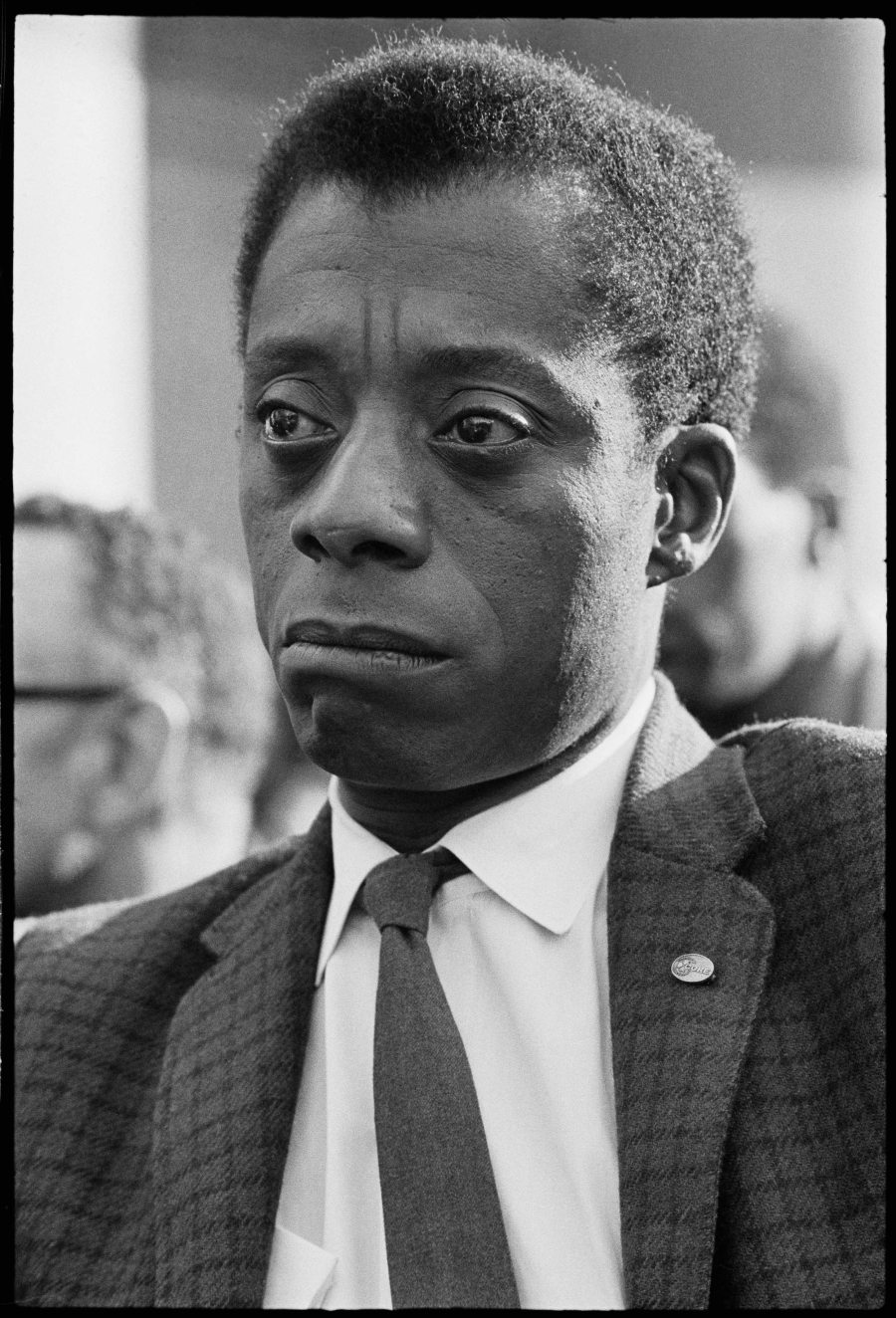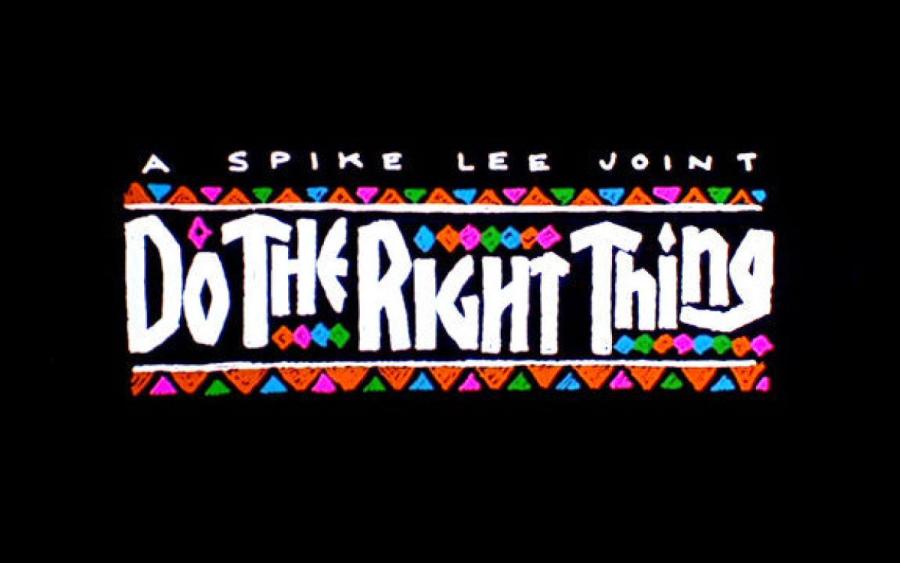Producer’s Film Picks for March 2017
The theme for this month – What’s Going On: Essays on US Racism
Theatrical Release

I Am Not Your Negro
Directed by Raoul Peck (“Sometimes in April” (2005), “Lumumba” (2000)) and edited by Alexandra Strauss (“A Pigeon Sat on a Branch Reflecting on Existence” (2014).)
Synopsis/reviews
“The entire voice-over narration (spoken by Samuel L. Jackson) of Raoul Peck’s incisive documentary is derived from the writings of James Baldwin, whose unfinished memoir and study of the lives of three slain civil-rights leaders—Medgar Evers, Malcolm X, and Martin Luther King, Jr.—provides the movie’s through line. Peck adds a generous selection of archival footage showing the heroes of Baldwin’s project at work and detailing Baldwin’s own intellectual activism at times of crisis.” Richard Brody, New Yorker
“What Raoul Peck’s galvanizing, recently Oscar-nominated documentary “I Am Not Your Negro” achieves is to bring Baldwin’s voice back to the forefront, and not just the voice of the prose but the voice of the man: calm, lucid, sorrowful, furious. Whether the film serves as an introduction or a reacquaintance, it prompts one to consider how deeply missed that voice is today and how profoundly it speaks to the current moment — indeed, how there may be no moment in American history to which James Baldwin’s voice does not speak. ‘I Am Not Your Negro’ is built upon Baldwin’s writings, using them to remind us incisively of how little has changed.” Ty Burr, Boston Globe
“Only in a culture suffering the delusion that all African Americans look, think, and talk alike. It could be that director Raoul Peck’s purpose was to perpetrate an ideological sleight-of-hand. Using Baldwin’s own text (from his book proposal for the unfinished Remember This House, about the lives of Martin Luther King, Jr., Malcolm X, and Medgar Evers), Peck could possibly transform contemporary perceptions of black American men. Contrasting SamJack and Baldwin (swagger vs. intelligence), with King, Malcolm, and Medgar in between, could diagram a history of personal growth, social development, career advancement, and political and spiritual conversion — the black-American-male spectrum revealed. Unfortunately, I Am Not Your Negro lacks any such comprehensive exploration.” Armond White
Archival Viewings

Do the Right Thing (1989)
Written and directed by Spike Lee (“When the Levees Broke” (2006), “Malcolm X” (1992).) The film was shot by cinematographer Ernest R. Dickerson (“Malcolm X”, “She’s Gotta Have It” (1986).)
The film stars Danny Aiello, Ossie Davis, Ruby Dee, Richard Edson, Giancarlo Esposito, Spike Lee, Bill Nunn and John Turturro.
“Some of them are bothered by it; they think it will cause trouble. Others feel the message is confused. Some find it too militant, others find it the work of a middle-class director who is trying to play street-smart. All of those reactions, I think, simply are different ways of avoiding the central fact of this film, which is that it comes closer to reflecting the current state of race relations in America than any other movie of our time. Of course it is confused. Of course it wavers between middle-class values and street values. Of course it is not sure whether it believes in liberal pieties or militancy. Of course some of the characters are sympathetic and others are hateful. And of course some of the likable characters do bad things. Isn’t that the way it is in America today? Anyone who walks into this film expecting answers is a dreamer or a fool.” Roger Ebert

The 13th (2016)
Directed by Ava DuVernay (“Selma” (2014), “Middle of Nowhere” (2012).) The film was edited by Spencer Averick (“Selma” (2014), “Middle of Nowhere” (2012).)
“But a more perfect broad-strokes overview is difficult to imagine.
“The film takes its title from the 13th Amendment to the U.S. Constitution, abolishing slavery and involuntary servitude, and doing so with one solitary wrinkle that DuVernay points out immediately the start of the film and continues to reinforce for all of the next hour and a half: ‘except as a punishment for crime’. Those six words, in the eyes of 13th, are primarily responsible for the next 151 years (and counting) of life in America, during which time one system after the next was informally or formally instituted to make sure that African-American males were punished as criminals at a statistically inconceivably higher rate than other segments of the population. The argument is dead simple and, to this leftist, unimpeachable in its reasoning: from the cotton-dominated pre-war South to the monolithic private prison industry of the 21st Century, a large portion of the American economy has depended in some capacity or another on having lots of cheap, expendable bodies at the ready, and widespread racism meant that no bodies were held to be cheaper or more expendable than that of black men. The result has been decades of a hellish spiral in which African-Americans have been feared and despised as violent criminals, leading to more severe punishments and policing targeting them, which leads to an increasingly disproportionate number of African-Americans in prison, which reinforces the idea that they’re violent criminals.
“To flesh out this chain of reasoning against the last century and a half of American history, with a particular focus on the ‘law and order’ fetish that kicked of oh-so-conveniently right around when the Civil Rights Act was signed into law, DuVernay has assembled an exceptional team of activists and historians, mostly black, some white: and while it’s a pleasure to watch Angela Davis recount her stormy history and discourse in thoughtful tones on the sorry state of contemporary race relations, I don’t think anything in 13th startled me as much as seeing no less a conservative icon that Newt Gingrich calmly agree that the sentencing guidelines for crack possession were blatantly unfair and racist, which somehow made me angrier than if he’d just dissembled. The whole thing is passionately argued, though maybe not so perfectly strong on the evidence that I can see it convincing anybody who flatly denied that the institutional racism of the prison system is even a thing; that being said, I don’t think DuVernay is necessarily trying to make that argument, so much as providing a state of the union address, circa mid-2016.
“The timing of course suggests that we should read the film in the light of the lately-concluded 2016 presidential election, and DuVernay allows us to do so, by showing a lengthy montage of Donald Trump on the campaign trail, saying viciously racist things and encouraging racism in others; but it’s not a campaign promotion. Hillary Clinton shows up only twice, once to say the word ‘superpredators’ as part of DuVernay’s argument that Bill Clinton’s 1994 crime bill was an unmitigated disaster in gutting black communities and leading to a massive spike in the prison population; once in the 2010s, accompanied by commentators suggesting that it’s hard to assume that she’d actually be sorry for that crime bill if it wasn’t politically advantageous for her to be so. The film doesn’t let the Democrats off the hook much more than the Republicans (maybe less; the overwhelming feeling one gets is that the filmmakers passionately hate Bill Clinton, while finding Ronald Reagan merely loathsome), and is bluntly pessimistic that any developments in 2016 would be for the better. The last words spoken in the movie fall like a crack of doom, declaring in flat, unemotional terms that American racism and the exploitation of black bodies is going to proceed without much improvement for the foreseeable future.
“By that point, DuVernay has assembled such an airtight case describing the shifting face of a consistent legacy of abuse and de facto slavery that I can’t imagine anybody with any real intellectual honesty in them trying to argue that things are actually getting better.” Tim Brayton
Screenings:
I Am Not Your Negro is currently showing at the Grand Cinema.
Do the Right Thing will screen at 7:15 p.m. on Friday, March 3 in the Center for Spiritual Living (206 N. J St).
The 13th will screen at 7:15 p.m. on Friday, March 10 in the CSL.
The TFC Discussion Night for these three films is Wednesday, March 15 in the CSL.
